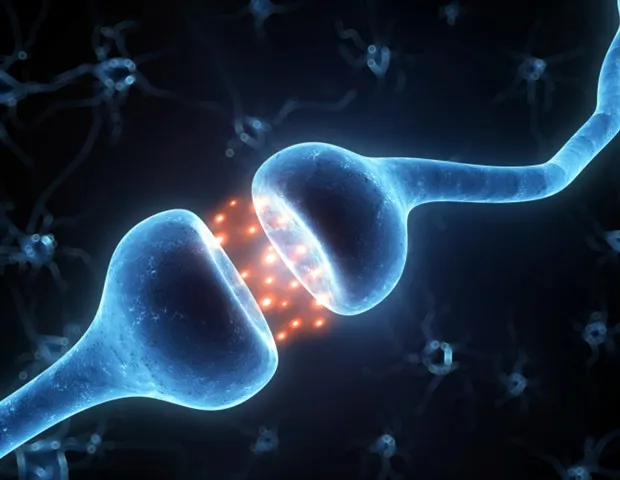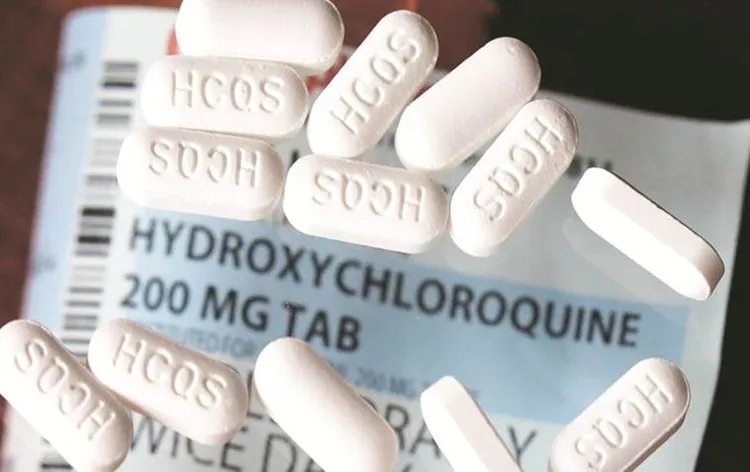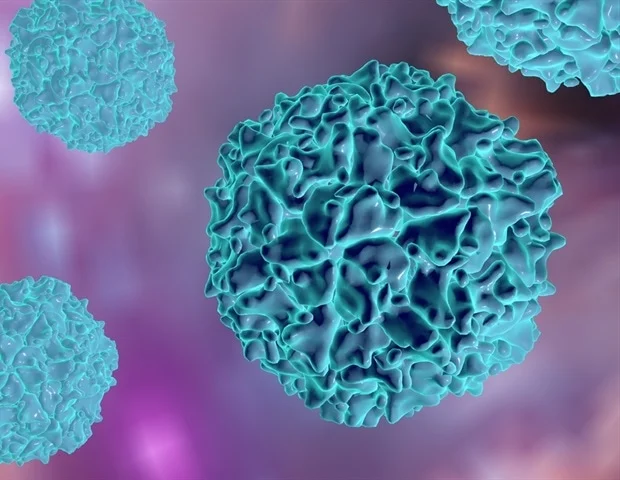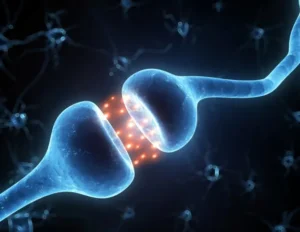European Society of Endocrinology Announces First-Ever World Hormone Day in 2025: A New Global Initiative for Hormonal Health Awareness
Hormones are integral to almost every aspect of human health and wellness, playing crucial roles in regulating metabolism, growth, mood, energy, reproduction, and even sleep patterns. Despite their importance, hormonal imbalances and disorders often go unnoticed or misunderstood, leading to significant health consequences. In an effort to raise global awareness about the significance of hormonal health, the European Society of Endocrinology (ESE) has announced the launch of the first-ever World Hormone Day, which will take place on May 25, 2025.
This new global initiative seeks to highlight the critical role of hormones in maintaining overall health and well-being while also educating the public about the consequences of hormonal imbalances and how they can be managed. With millions of people worldwide affected by hormonal disorders, the establishment of World Hormone Day is expected to bring much-needed attention to a wide range of endocrine-related conditions, from diabetes to thyroid disorders, and from infertility to obesity.
The Importance of Hormonal Health
Hormones are chemical messengers that are produced by various glands in the endocrine system, including the thyroid, adrenal glands, pituitary gland, pancreas, and ovaries/testes. These hormones travel through the bloodstream to tissues and organs, regulating numerous bodily functions. Some of the most well-known hormones include insulin (which regulates blood sugar), cortisol (which helps manage stress), thyroid hormones (which control metabolism), and estrogen/testosterone (which regulate reproductive functions).
Imbalances in hormone production or signaling can lead to a variety of health problems. For example, an overactive or underactive thyroid can result in conditions such as hyperthyroidism or hypothyroidism, which affect energy levels, metabolism, and mood. Similarly, hormonal disorders like polycystic ovary syndrome (PCOS) and menopause can cause irregularities in menstruation, fertility issues, and changes in mood and skin. Other hormonal imbalances, such as those involving insulin, can lead to conditions like diabetes, which is becoming increasingly prevalent worldwide.
Given the wide-reaching effects that hormones have on our bodies, it is essential for individuals to be aware of the signs and symptoms of hormonal imbalances. Unfortunately, hormonal disorders are often overlooked or misdiagnosed, and many people live with undiagnosed conditions for years. This is where World Hormone Day comes into play – as an opportunity to spread awareness, educate the public, and encourage people to seek medical advice if they experience symptoms of hormonal imbalances.
The Launch of World Hormone Day: A Global Effort to Educate and Empower
World Hormone Day will take place annually on May 25, starting in 2025, and will be supported by the European Society of Endocrinology (ESE), along with various health organizations and endocrine experts from around the world. The initiative aims to create a global platform for raising awareness about the importance of hormonal health and the conditions that arise from hormone-related disorders.
The European Society of Endocrinology, a leading authority on endocrine science and medicine, has long been at the forefront of advocating for the prevention, diagnosis, and treatment of hormonal disorders. By establishing World Hormone Day, the ESE hopes to foster a worldwide conversation about endocrine health and help people recognize the impact hormones have on their daily lives.
The event will include a variety of educational initiatives, including public health campaigns, online resources, free screening opportunities, and expert talks. The goal is to reach individuals who may not be aware of the risks associated with hormonal imbalances or who may not know where to seek help. World Hormone Day will also serve as a platform for healthcare providers to share the latest research and advancements in the diagnosis and treatment of hormone-related conditions.
Raising Awareness About Hormonal Disorders
Hormonal imbalances and endocrine disorders are more common than many realize, affecting millions of people worldwide. Some of the most prevalent conditions that will be highlighted on World Hormone Day include:
1. Diabetes
Diabetes is one of the most widespread endocrine disorders, affecting over 400 million people globally. It occurs when the body is unable to properly regulate blood sugar levels due to insulin resistance (type 2 diabetes) or insufficient insulin production (type 1 diabetes). Without proper management, diabetes can lead to severe complications such as heart disease, kidney damage, nerve damage, and even blindness.
World Hormone Day will focus on educating the public about the risks of diabetes, its symptoms, and preventive measures such as maintaining a healthy diet, regular exercise, and monitoring blood sugar levels.
2. Thyroid Disorders
The thyroid gland, located in the neck, produces hormones that regulate metabolism. Thyroid disorders, such as hypothyroidism (underactive thyroid) and hyperthyroidism (overactive thyroid), can lead to a range of symptoms, including fatigue, weight gain or loss, mood swings, and difficulty concentrating. These disorders are often overlooked or misdiagnosed, leading to delayed treatments.
World Hormone Day will aim to increase awareness of thyroid disorders and encourage people to seek testing if they experience symptoms such as unexplained weight changes, hair loss, or changes in energy levels.
3. Polycystic Ovary Syndrome (PCOS)
PCOS is a hormonal disorder that affects women of reproductive age, leading to symptoms such as irregular periods, infertility, weight gain, and excessive hair growth. PCOS is one of the leading causes of infertility in women and can also increase the risk of developing conditions like diabetes and heart disease.
World Hormone Day will focus on educating women about the symptoms of PCOS, available treatment options, and the importance of early diagnosis in managing the condition.
4. Menopause
Menopause is a natural phase in a woman’s life that marks the end of menstrual cycles. However, it can come with a range of symptoms, including hot flashes, night sweats, mood swings, and changes in bone health. Menopause typically occurs between the ages of 45 and 55, but it can occur earlier due to factors such as genetics or medical treatments.
World Hormone Day will provide resources and guidance for women going through menopause, helping them understand how hormonal changes can affect their physical and emotional well-being and encouraging them to seek support during this life stage.
5. Adrenal Disorders
The adrenal glands produce hormones such as cortisol, which help the body respond to stress. Disorders like Addison’s disease (underactive adrenal glands) and Cushing’s syndrome (overactive adrenal glands) can lead to a variety of symptoms, including weight changes, fatigue, and mood swings.
World Hormone Day will raise awareness about adrenal disorders and emphasize the importance of early diagnosis and treatment.
6. Infertility
Hormonal imbalances are a leading cause of infertility in both men and women. Issues such as low testosterone levels in men and irregular ovulation in women can interfere with the ability to conceive. World Hormone Day will highlight the importance of hormonal health in reproductive health and encourage individuals struggling with infertility to seek professional advice and treatment options.
The Global Impact of World Hormone Day
World Hormone Day will have a profound impact on public health by creating a unified global platform for raising awareness about hormonal disorders. By partnering with healthcare organizations, medical professionals, and advocacy groups, the ESE hopes to reach individuals in every corner of the world and offer them the information they need to take control of their hormonal health.
The initiative will also promote scientific research and innovation in the field of endocrinology. With advancements in hormone-related treatments and therapies, people with hormonal imbalances can live healthier, more fulfilling lives. However, many people still go undiagnosed or fail to seek the proper treatment due to a lack of awareness. World Hormone Day will help bridge this gap by encouraging early diagnosis and treatment through better education and access to healthcare resources.
The announcement of World Hormone Day in 2025 marks a significant step forward in raising global awareness about the importance of hormonal health. With hormonal disorders affecting millions of people worldwide, it is crucial to ensure that individuals are educated about the signs, symptoms, and treatment options available. Through this global initiative, the European Society of Endocrinology aims to empower individuals to take charge of their hormonal health, seek early diagnosis, and receive the proper care to live healthier lives. World Hormone Day will undoubtedly be a pivotal moment in the global effort to improve public health and promote better understanding of endocrine health issues.














